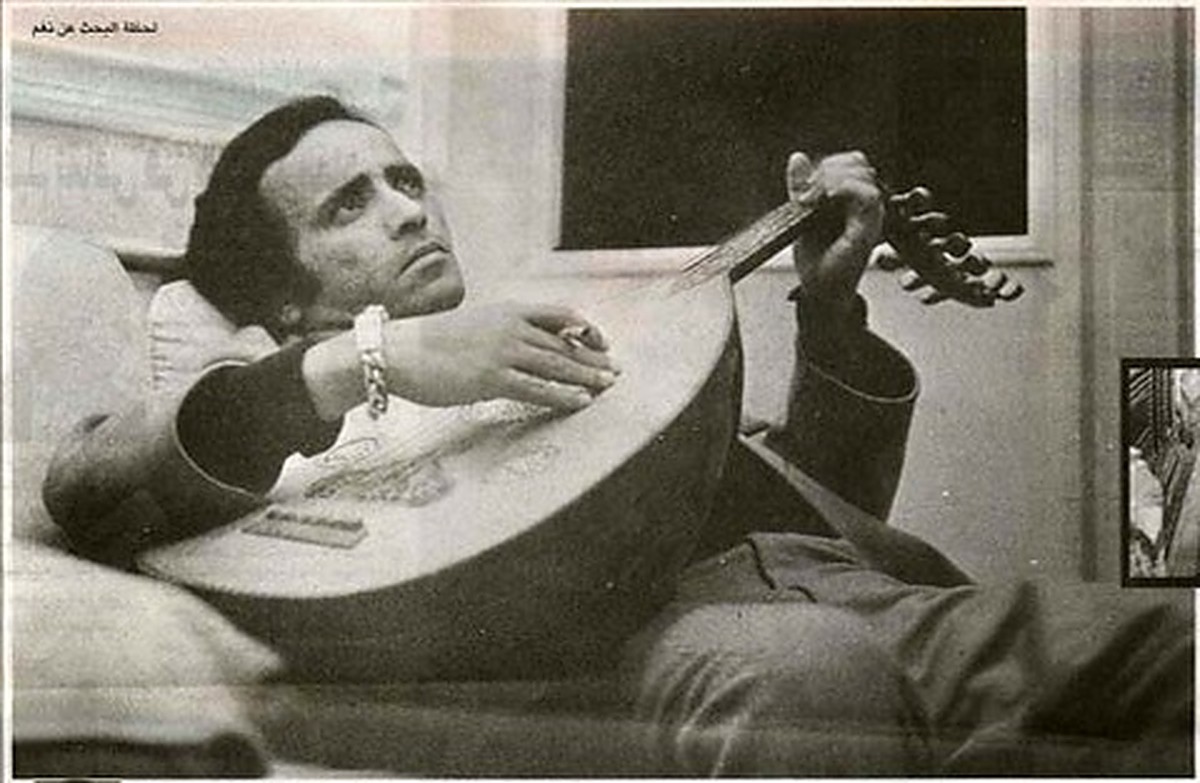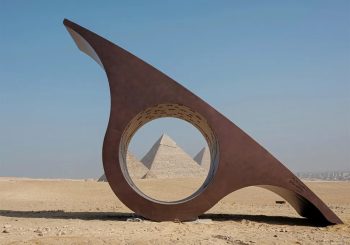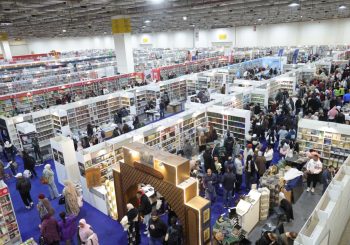Looking inside the mind of a songwriter or a composer is like looking through an endless cave; only a fraction of it is seen. While composing his masterpieces, Mozart usually disliked writing anything down, and often said that most of his music lived “inside his head” – the rest was simply what he was able to translate to paper.
“Only a part of his oeuvre has survived: the rest he himself kept from us,” music historian Hermann Abert once wrote.
The disconnect between what is written and unwritten, and what is seen and unseen, is what throws a lot of notable songwriters in the shadows. Only the faces and voices of the singers are recognized, but the brains behind these timeless tunes are not always valued.
The names of Oum Kalthoum, Abdel Halim Hafez and Layla Murad ring constantly in people’s ears, yet for every ten times their names were mentioned, the name Baligh Hamdi, who composed many of their songs, is mentioned only once or twice.
Born in 1931 in Shubra, Baligh Hamdi was one of the brains behind Egypt’s music scene in the 1960s and 70s, alongside notable composers such as Mohamed Abdelwahab, Zakaria Ahmed, Mohamed El-Qassabgy, and Riad El-Sonbaty, ushering in an unforgettable era of melodies that have helped put Egypt on the global stage and cement its identity as the regional leader in the arts and culture industry.
At the age of 12, he developed his artistic vocabulary and knowledge of music through regular music classes and by learning to play the oud (a lute-like string instrument common in Arab music), but his professional debut was in 1954 when he joined the National Radio as a singer after Hassan Al Shogaie, who was his tutor at the Higher Institute for Music, convinced him to become a vocalist.
However, singing alone was not enough for him. By 1956, Hamdi was already composing for popular Egyptian singers such as Fayda Kamel with the song Leh La (Why Not, 1956), followed by Fayza Ahmed with Ma Tehbeneesh Be El Shakl Da (Don’t Love Me Like That, 1956).
In the next four years, his network in the industry began to expand with the help of the musician Mohamed Fawzy, who gave him the opportunity to compose for the iconic Egyptian singer Abdel Halim Hafez, with Tekhounoh (Betray My Heart, 1957). Two years later, he composed for the Star of the East, Umm Kalthoum, with the song Elhob Eih (What is Love, 1959), which became a huge success in the Arab world and marked a turning point in his career.
Though not much has been written about the process behind Hamdi’s compositions, he did once define his strategy as the following: draw from the local tradition to reach the world. For Hamdi, there is more universality in local sounds than global or popular mainstream music, which is why he also used foreign instruments such as the accordion, organ and the saxophone to create more local and regional sounds. He was also heavily inspired by the Syrian-Egyptian singer, actor, and composer Farid Al Atrash, who helped bring Arabic music to Western ears, and many of his works were picked up by internationally renowned orchestras.
Hamdi’s strategy proved to be effective in exposing Arabic music to the West, as his compositions were often used and even sampled by notable international artists such as Jay-Z, who sampled Abdel Halim Hafez’s Khosara Khosara (What a Shame, 1977), whose music was composed by Hamdi, in Big Pimpin’ (2000).
Hamdi’s universal, spirited sounds can be heard in the essential compilation Instrumental Modal Pop of 1970’s Egypt released by Sublime Frequencies in 2021, which features his experimentation with merging Western influences of pop and rock with Arabic sounds.
He also experimented with Indian influences, collaborating with artist and sitar player Magid Khan to produce an impressive body of work, named the Indo-Arabic Variations, which unites the sounds of the sitar and the tabla (Egyptian drum), creating a unique harmonious sound that does not override either of the two cultures.
As his nephew, Tamer Hamdi, once said: “If we are talking about the concept of merging two civilizations, Baligh was ahead of the trend. He did it before Peter Gabriel, before Led Zeppelin, before Buddha Bar. He was a visionary.”







Comment (1)
[…] Baligh Hamdy‘s genius lies in his ability to effortlessly blend different musical genres, creating a unique fusion that resonated with audiences across Egypt. His compositions, such as Alf Leila w Leila,(Thousand and One Night) continue to be celebrated as timeless masterpieces. […]